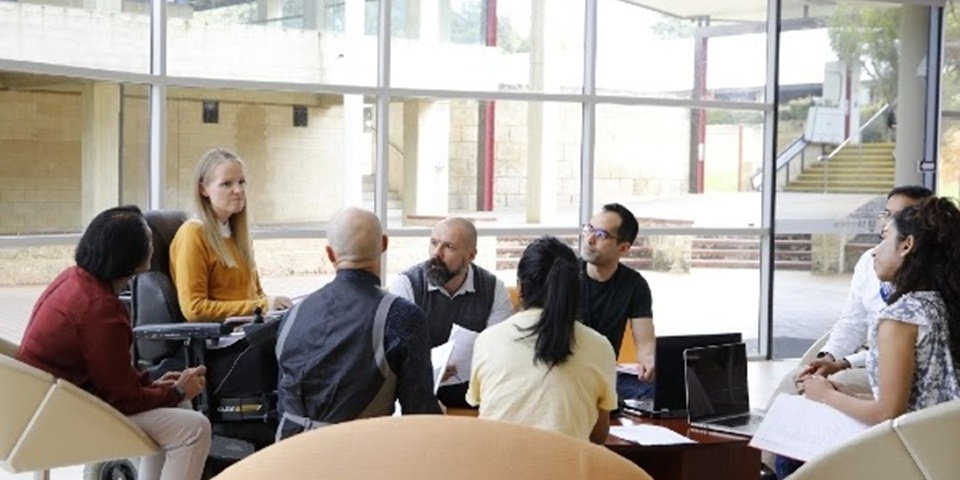TCR sequencing to track cancer immunity
Areas of research
TCR sequencing

The Genomics Core Research Facility is enabling researchers to investigate what causes T-cells to drive a negative or positive immune response to cancers.
What was the need for this project?
With immunotherapies now underpinning many cancer treatments, understanding the underlying immunological response behind cancers has become critical to advancing treatment options. While the immune system can prevent or slow cancer growth, cancer cells have ways of avoiding destruction by the immune system.
Cancer cells, when seen by immune system, often look like the normal tissue surrounding it, which means the body doesn’t always illicit an effective immune response to kill the tumour tissue and may even protect it from an immune attack if recognised.
Further research is needed to understand how to train T-cells within our immune system to not only identify cancer cells, but drive a response that attacks cancerous tissue, rather than protecting it.
How the project was completed
Researchers are using whole genome sequencing technology to map all genetic mutations in the cancer cells specific to individual cancer patients. This identifies all the changed proteins in the tumour compared to the normal tissue around it.
Combining this knowledge and expertise in human leucocyte antigen typing – a technique accredited in the genomics laboratory at Murdoch by the American Society for Histocompatibility and Immunogenetics – researchers can predict the changes in the tumour so-called neoantigens that are most likely to illicit a protective immune response.
Results and achievements for this project
These findings are being used in neoantigen vaccine approaches developed by research groups and are now being tested through clinical trials in Perth.
Areas of research
TCR sequencing